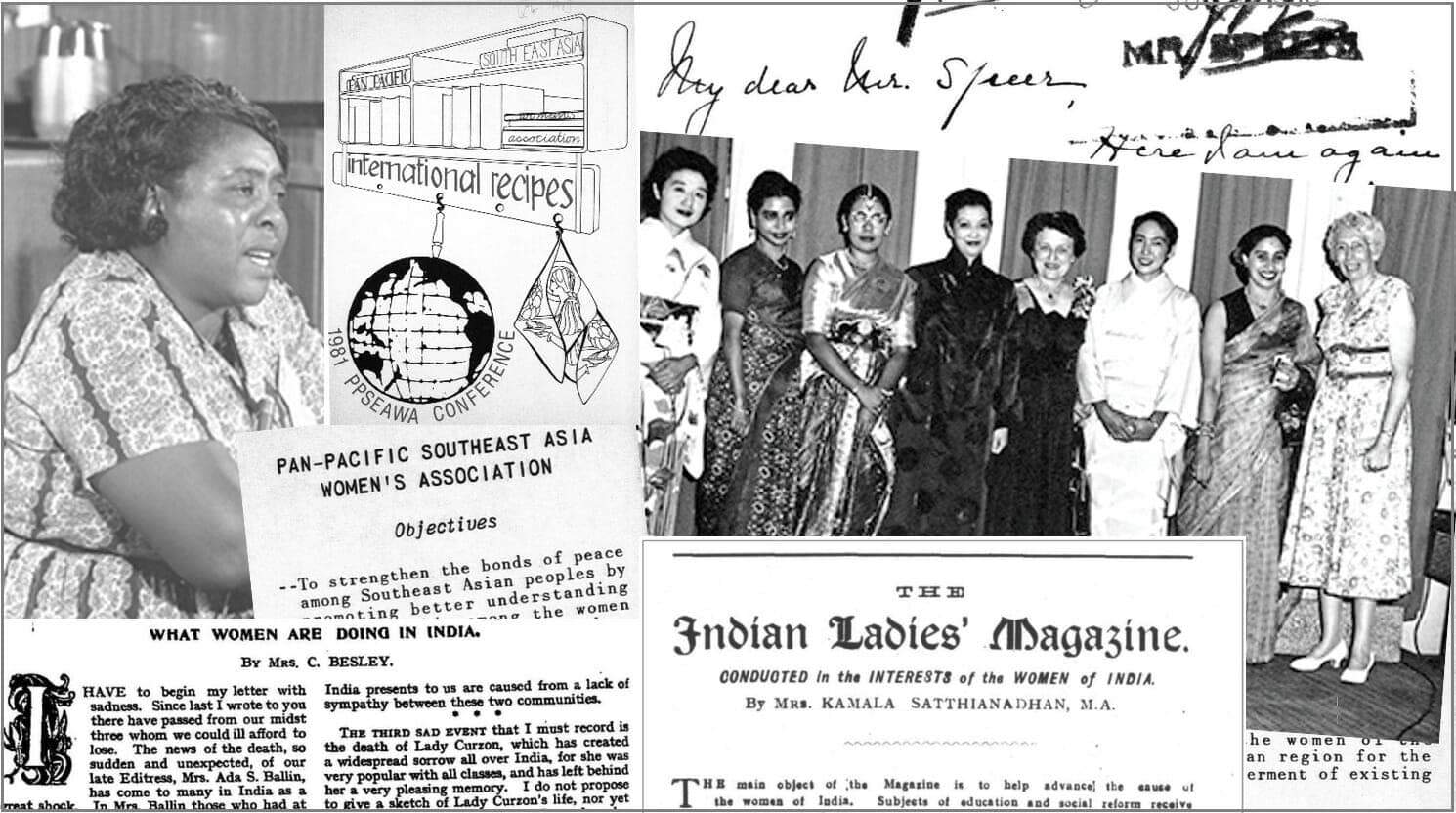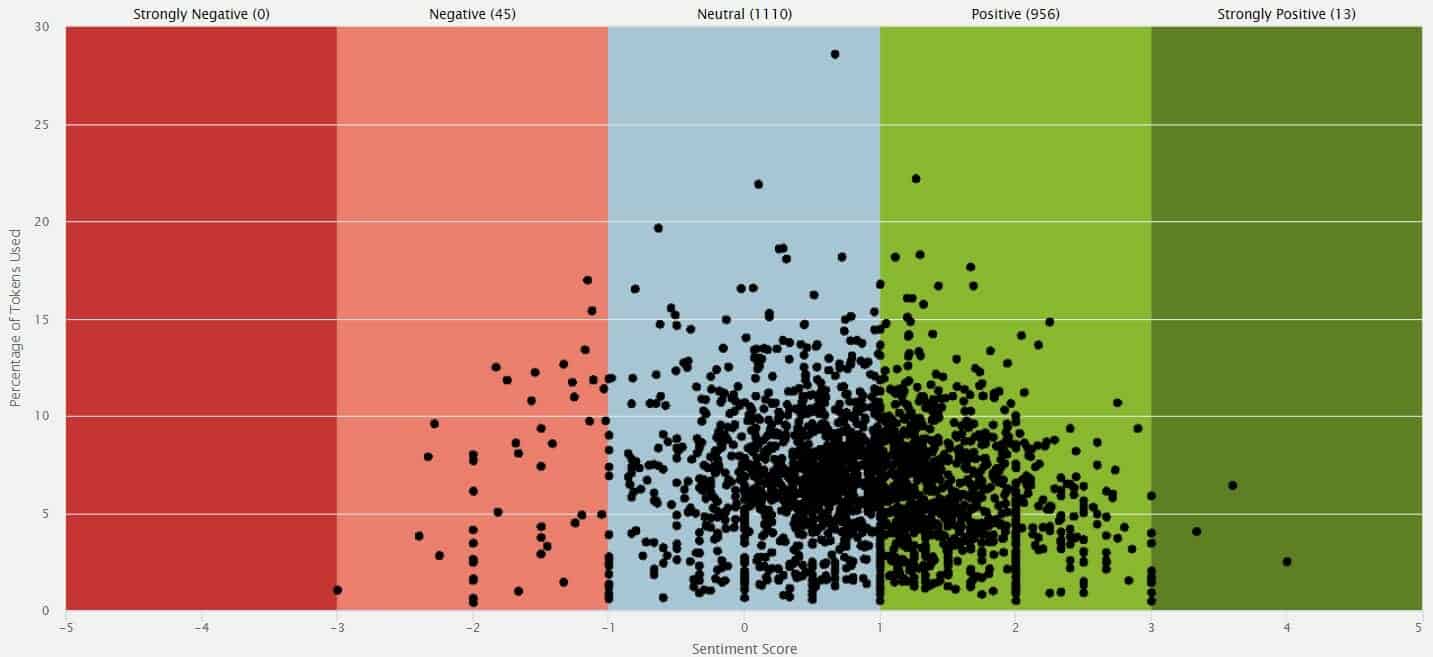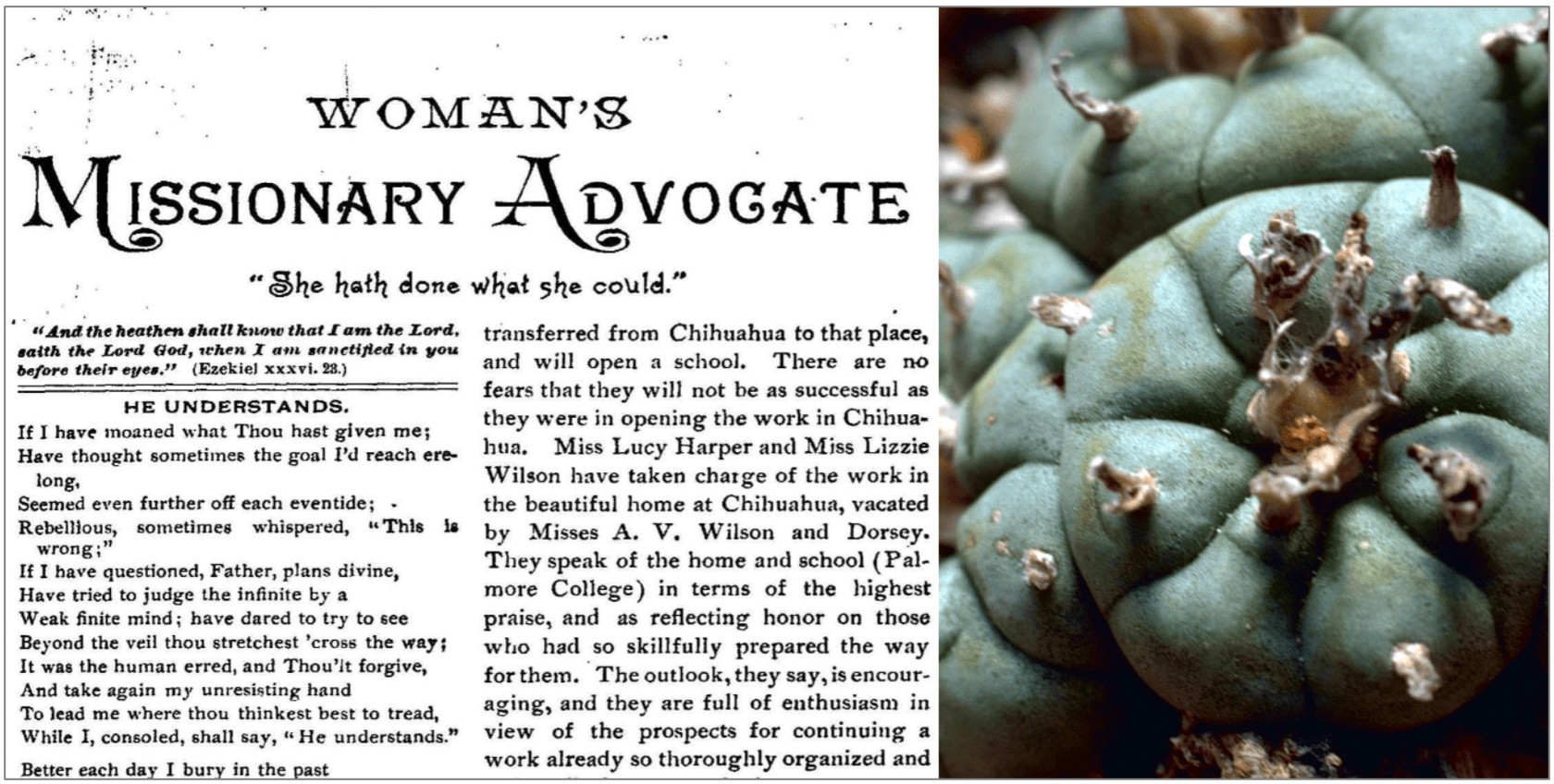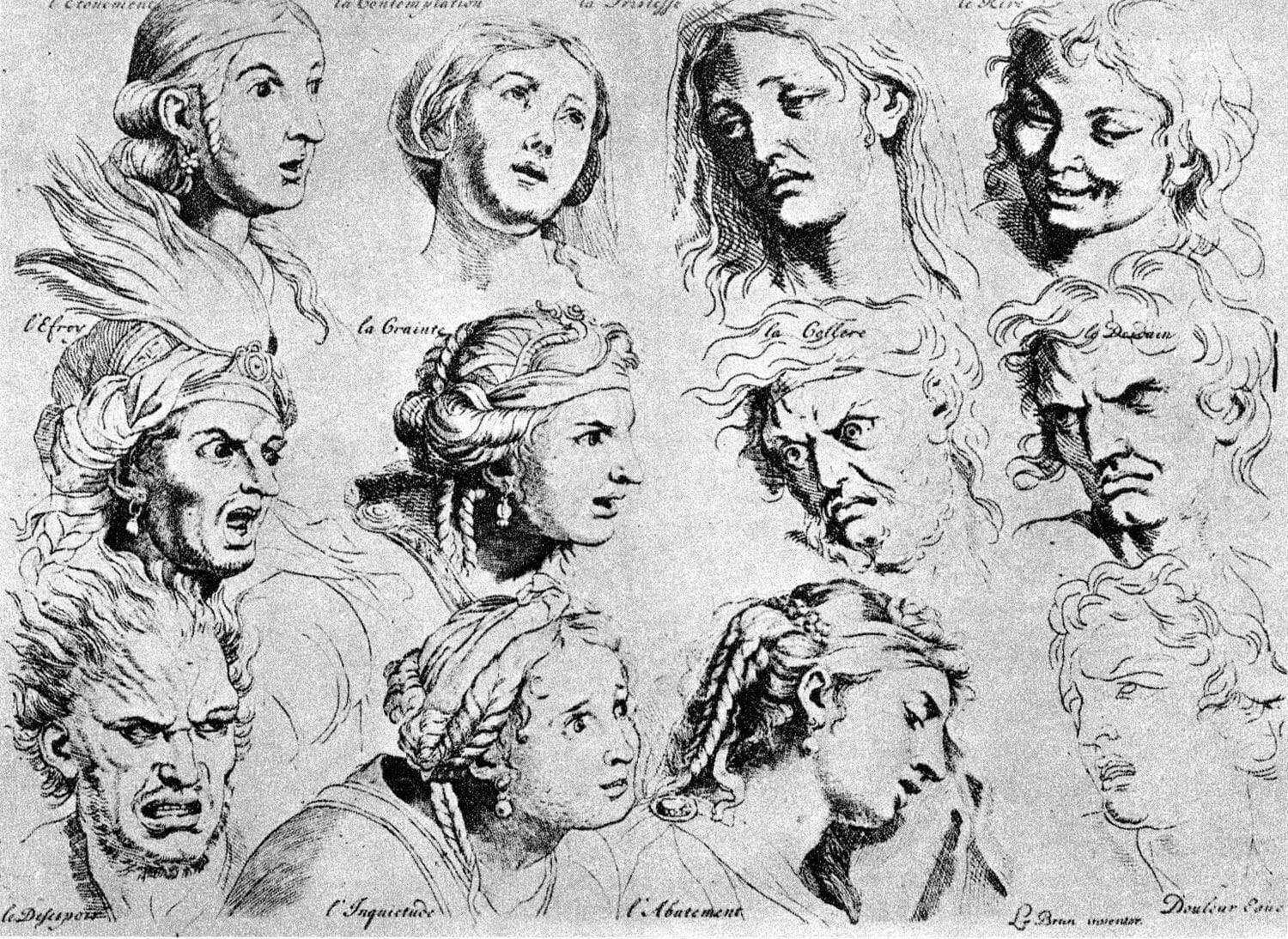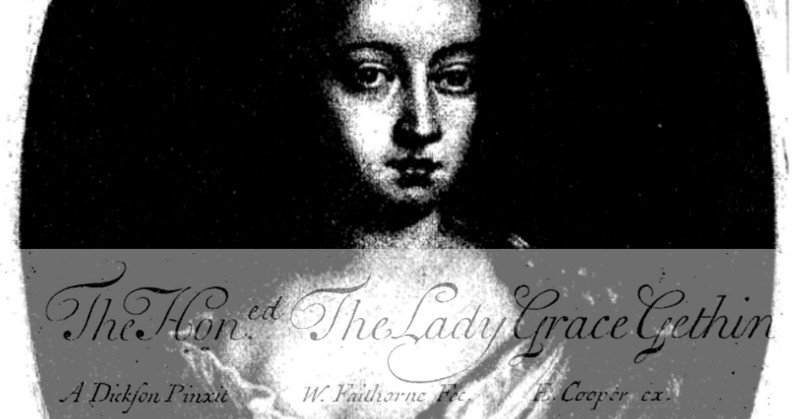|By James Carney, Senior Gale Ambassador at King’s College London|
Decolonisation refers to the process of attempting to undo the social, political, economic and cultural effects of imperialism on former colonies. Having just completed my undergraduate degree in English and Classical Literature at King’s College London, I have come to appreciate language and the written arts as potent mediums to contemplate, respond to and even resist the weight of colonial history.
My dissertation on Derek Walcott’s 1990 postmodern epic Omeros most thoroughly illustrated to me the nuances and creative potential of colonial victims to negotiate their present and historical standing in response to imperial agents. My exploration of this theme in Walcott’s work was particularly interesting as he ostensibly views colonisation as continuous, from nineteenth-century British and French empires to modern American capitalism, as the same force underlies both processes for the benefit of the typically white aristocracy, eclipsing native identity and homogenising Caribbean culture to artificiality.



